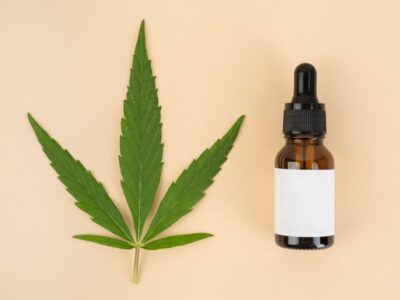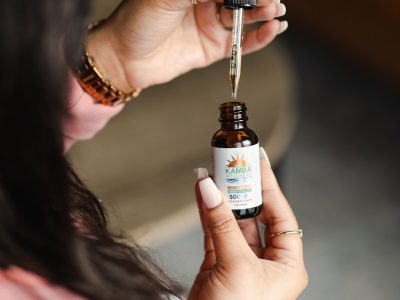A trauma can happen to anyone at any time. In the United States, roughly 6 out of 10 men and 5 out of 10 women report having gone through at least one traumatic event. A long-term consequence of stressful experiences can be post-traumatic stress disorder, a psychiatric disease that persists long after the occurrence.
PTSD has been a major area of focus as a result of the growing interest in CBD’s medicinal uses.
What Is CBD, Exactly?
The most common substance in hemp plants is cannabidiol, or CBD, which is mainly found in the flower and leaves of the plant. It is one among more than 100 cannabinoids that are extracted from the plant and used to make a range of goods, including CBD oil, creams & lotions, candies, and capsules.
As more people become aware of CBD’s therapeutic benefits, especially as a natural anti-inflammatory, its popularity is growing.
What Is Post-Traumatic Stress Disorder, Exactly?
Post-traumatic stress disorder may occur in people who have experienced a traumatic event, such as a natural disaster, terrorist attack, rape or other violent personal assault, war, or conflict (PTSD).
People who have PTSD endure intense thoughts and feelings about their experience that last for a long time after the event has ended.
How Does CBD Help in PTSD Treatment?
Anticonvulsants and atypical antipsychotics are commonly used to treat PTSD pharmacologically, although many patients do not respond to these drugs. Many others experience unpleasant side effects that make it difficult for them to take the medications in sufficient amounts or for long periods of time.
Cannabis usage is more common among PTSD patients than it is among non-sufferers, possibly as a result of the lack of viable treatment options.
According to study, people are more driven to use cannabis as a coping mechanism the more severe their PTSD symptoms are.
CBD has been observed to lessen PTSD symptoms including:
- Anxiety
- Insomnia
- Nightmares
Numerous medical benefits of CBD have been demonstrated, including its neuroprotective, analgesic, antipsychotic, anticonvulsant, and antioxidant properties.
Scientists have started to draw a picture of how the process may work, but it may take some time to determine the exact mechanism by which CBD may benefit people with PTSD.
Through its effects on the endocannabinoid system, CBD has been shown to aid in the elimination of unpleasant memories and prevent reconsolidation, a step necessary for enshrining them in long-term memory.
In contrast to other medications that target the endocannabinoid system, CBD does not cause anxiety, whereas other substances frequently used to treat PTSD may, depending on dosage, either increase or decrease anxiety.
The biphasic activity of other medications can make treatment plans more challenging.
The Memory Effects of CBD
The brain goes through procedures when a memory trace is activated that decide whether the memory will be clearly retained or quickly forgotten.
When a patient has negative memories, such as those connected to PTSD, the goal of therapy is frequently to lessen the memory’s psychological hold over the patient.
CBD appears to be a strong option for aiding in the breakdown of unfavorable memories connected to PTSD since the systems involved in memory evolution can be changed pharmacologically.
In addition to reducing some of the physiological signs of stress that are hallmarks of PTSD, such as those connected to the cardiovascular system, CBD has been proven to interfere with traumatic memories.
The beneficial effects of PTSD on anxiety symptoms may be due to CBD’s action on serotonin receptors in the brain. Serotonin is a well-known neurotransmitter that has been linked to the development of anxiety.












